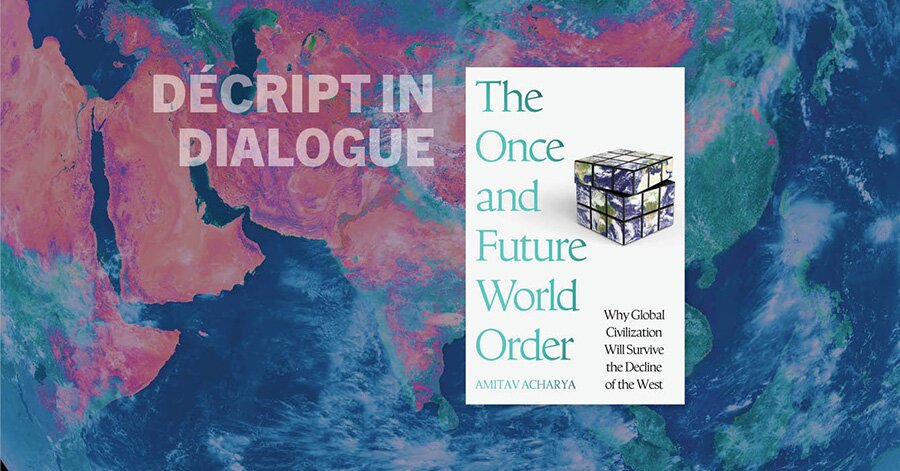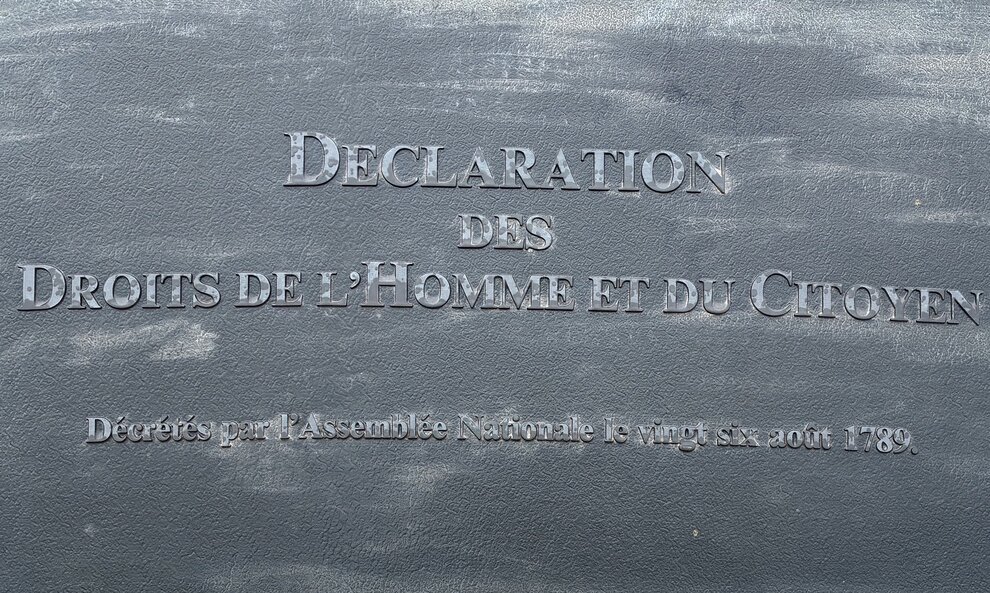Can Development Consensus in Asia Survive the Rising Tide of Nationalism?
Conference - Wednesday, January 29th
Wednesday
29
January
2020
6:00 pm
6:00 pm

Published at 29 January 2020





